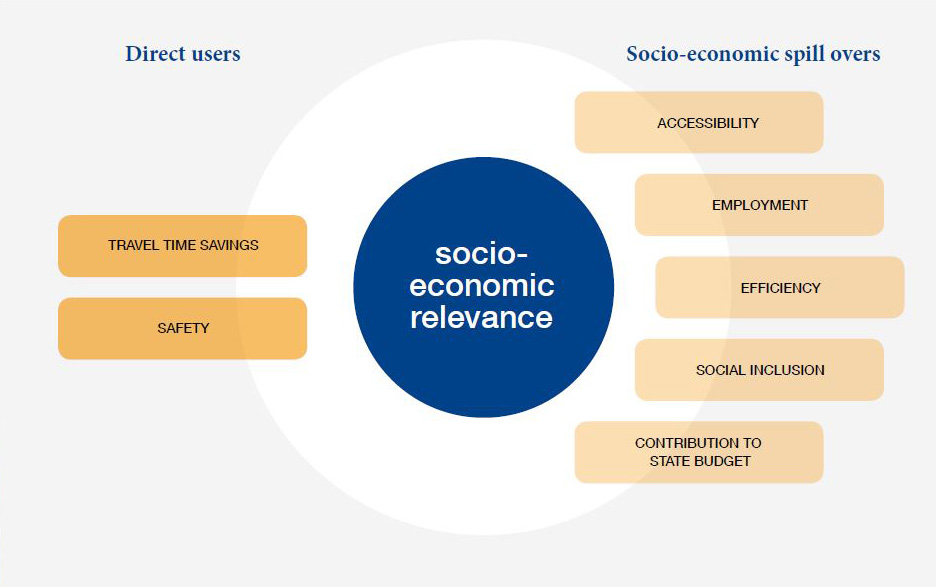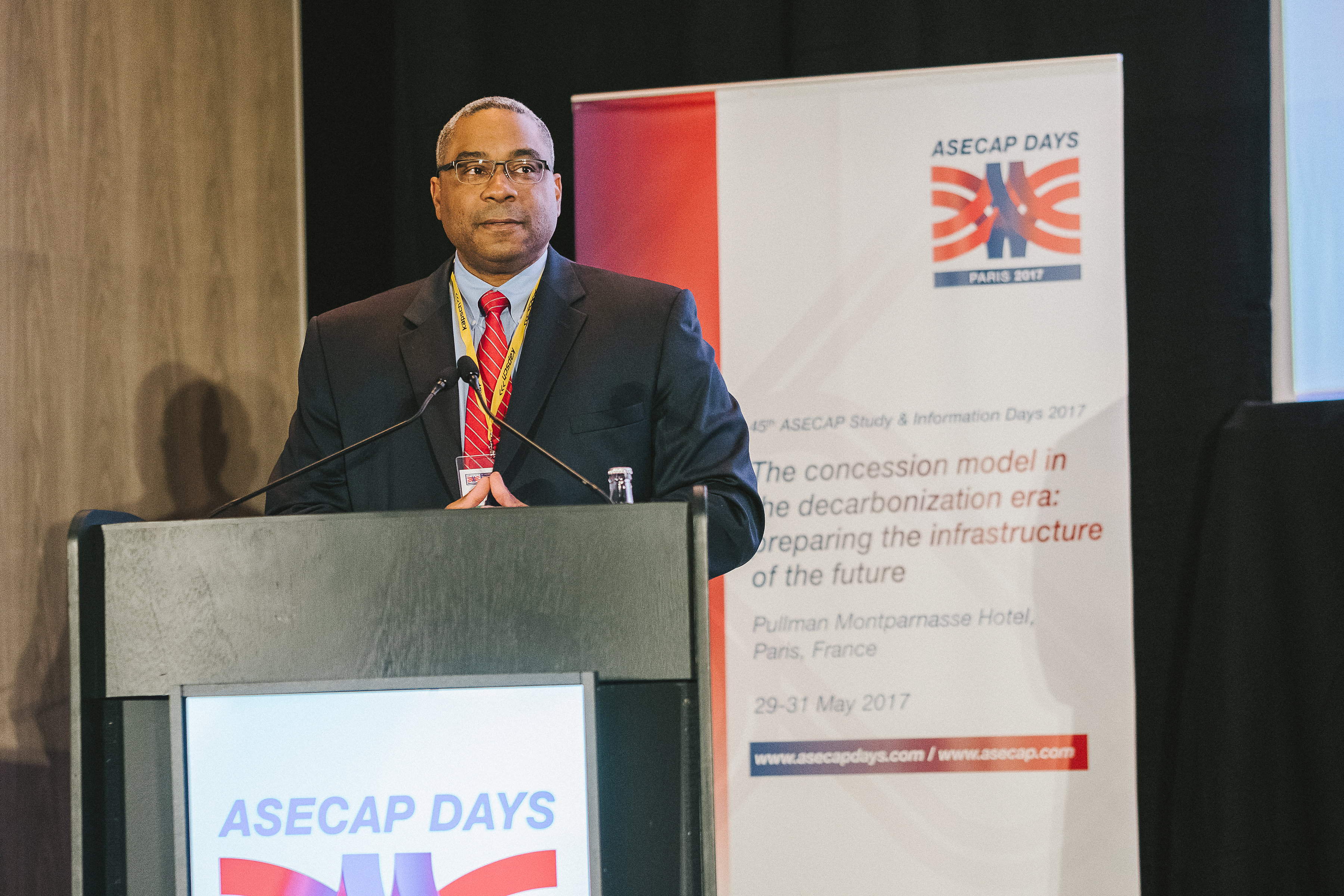ASECAP, the association of European tolling companies, has published a report which outlines the challenges facing authorities and tolling companies in the European Union in complying with the Directives 2014/23/EU and 2014/24/EU.
The new directives come into force in April 2016 and refine and strengthen the definition of a concession and establish procurement rules for contracting authorities in respect of public contracts. One of the key areas in defining a concession is that the concessionaire must b
The new directives come into force in April 2016 and refine and strengthen the definition of a concession and establish procurement rules for contracting authorities in respect of public contracts. One of the key areas in defining a concession is that the concessionaire must be exposed to risks of making a loss and the report outlined the current situation in the various EU member states.
ASECAP members collectively manage 48,000km of roadways in 21 countries including half of the EU’s 28 member states, and the report considers the risks concessions face under four headings: political and legal, economic and financial, construction related, and further risks.
It focuses in particular on how these risks are currently distributed in nine EU countries. These range from Austria, where the state-owned concessionaire
Speaking at a conference about the new regulations, Joanna Szychowska, head of public procurement legislation unit at DG Market said, “Many countries did not admit they were passing concessions and as they were not calling it by its proper name it was very easy to escape rules and obligations.”











